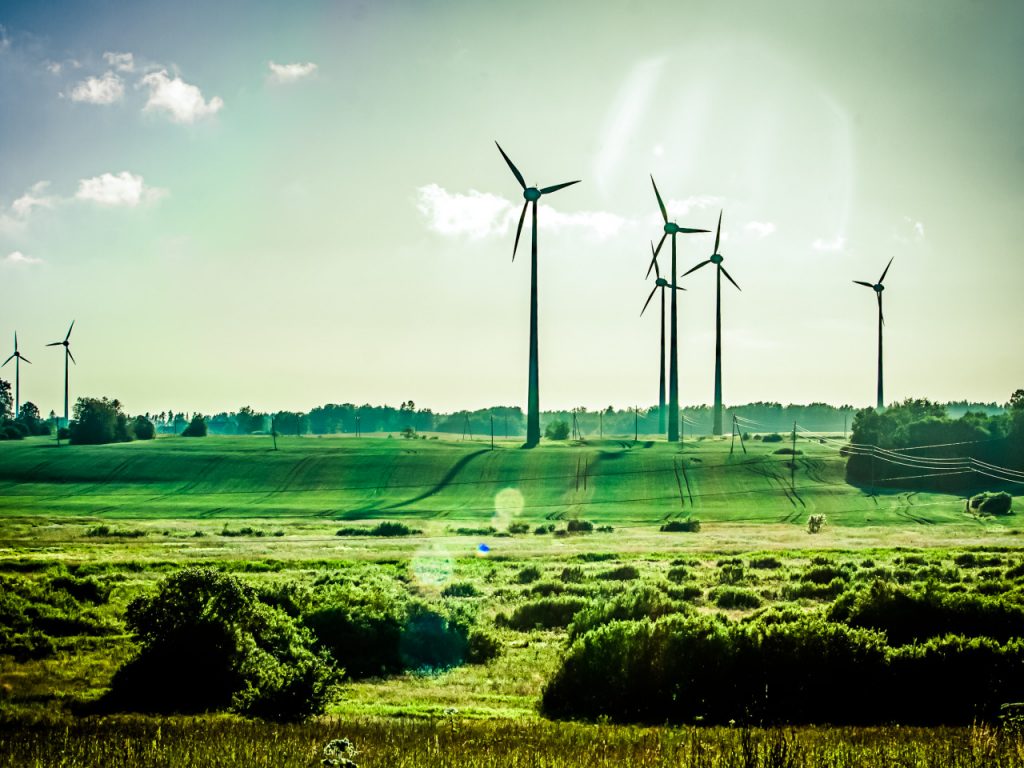In recent years, people around the world have been especially concerned about the environmental agenda. Probably there are no longer those who have not heard about such a concept as a “green economy”. For Georgia, such a strategy is a priority. The challenge is to satisfy both the economic interests of citizens and maintain a responsible attitude towards the environment.
The country gets a lot of help from The European Union. Specifically, branches like the European Bank for Reconstruction and Development, the Organization for Economic Cooperation and Development and others. It is they who allocate funding to support environmental policy in Georgia, as local government investments are only in a few selected projects. The main areas of the “green economy” in Georgia include:
Transport projects
In Georgia, the most popular car is the Toyota Prius. This is a hybrid passenger car that runs on both electricity and gasoline. A few years ago, the government of the country put forward a plan according to which by 2029 90% of cars in the total mass should be electric. The question arises: how to get people to switch to such cars, or at least hybrids? To do this, in 2017, the tax on imported cars that run on fuel was increased and the tax on more environmentally friendly hybrid models was reduced. The decrease was 60%, which is significant, while electric vehicles are not taxed at all. The fulfillment of this goal would have a favorable effect on the preservation of the environment, which is famous for its nature, water, air, sun. This policy positively affects ordinary people as well, because fuel resources in Georgia are very expensive, so local residents are happy to choose the most environmentally friendly transport. Many of the buses have free Wi-Fi, so they can sign up for Bob Casino.
Energy efficient projects

The prerequisite for the need for such projects is global climate change. In Georgia, natural anomalies, such as landslides, droughts and floods are very frequent. According to statistics, 50% of the working population is employed in the agricultural sector. Energy efficiency projects are primarily aimed at the modernization of households, small and medium-sized businesses and public buildings.
Alternative energy
Given the abundance of natural resources, it is planned to obtain clean fuel and generate energy from the power of wind, water and the sun. Georgia is a sunny country, so the preference is given to solar panels. It is also possible to direct unused electricity to the general grid, which allows you to quickly pay for the solar battery. Now renewable sources are the world’s last hope for minimizing human impact on the environment, so this is the most promising direction in countries where it is not yet possible to introduce “Zero waste” technology.
Sustainable urbanism and urban planning
Basically, such projects are still aimed at the efficient organization of large cities. Batumi is trying to recreate the concept of a “green city”. This involves the use of sustainable transport: electric cars and bicycles, the use of a large number of local products, the construction of energy-efficient homes and the arrangement of smart offices. In Tbilisi, a plan is already being implemented to develop popular public spaces, such as Lisi Lake, Digomi district, the Tbilisi Sea and several other parks.
Listed above are the most important areas of green economy development in Georgia, which were born thanks to modern views on economic, environmental and social development. The country gets a lot of support from the EU, not only with financial resources, but also European expertise in the field of modernization.